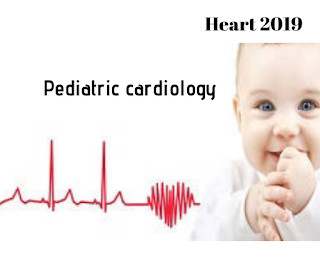Heart Diseases are faced in
both men and women. But for Women symptoms and risk factor varies. If unique
symptoms of women are understood, the risk of heart disease can be reduced. Most
commonly observed heart attack symptoms for women. The usual one is of pain,
pressure or discomfort in the chest rarely women may have heart attack without
any symptom. The other symptoms unrelated to chest pain Neck, jaw, shoulder,
upper back or abdominal discomfort, Shortness of breath, Pain in one or both
arms, Nausea or vomiting, Sweating, Lightheadedness or dizziness and Unusual
fatigue. The chest pain as pressure or a tightness because women tend to have
blockages not only in their main arteries but also in the smaller arteries that
supply blood to the heart — a condition called small vessel heart disease or
coronary micro vascular disease
Heart
disease risk factors for women: The traditional risk factors are high cholesterol,
high blood pressure and obesity: Diabetes, Mental stress and depression, Smoking,
Inactivity, Menopause,
Broken heart syndrome, certain chemotherapy drugs and radiation therapy for
cancer, Pregnancy complications. To reduce their risk of heart disease, Quit or
don't start smoking, Exercise regularly, Maintain a healthy weight, Eat a
healthy diet that includes whole grains, a variety of fruits and vegetables,
low-fat or fat-free dairy products, and lean meats, and Avoid saturated or
trans fat, added sugars, and high amounts of salt. The above mentioned factors
reduce the condition for Heart Disease and Heart Surgery.
The
Regular exercise, maintaining the body mass index (BMI) reduced the risk
factors. For few women routine use of daily aspirin therapy to prevent heart
disease in low-risk women younger than 65 years old isn't recommended by
American Heart Association (AHA). The intake of aspirin without doctor
recommendation is not welcomed.




